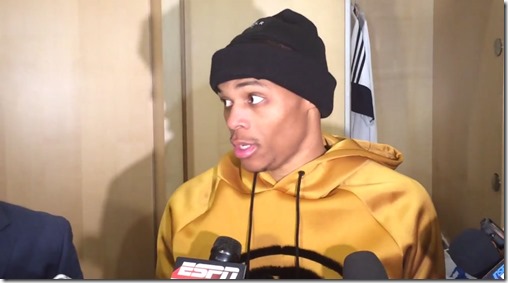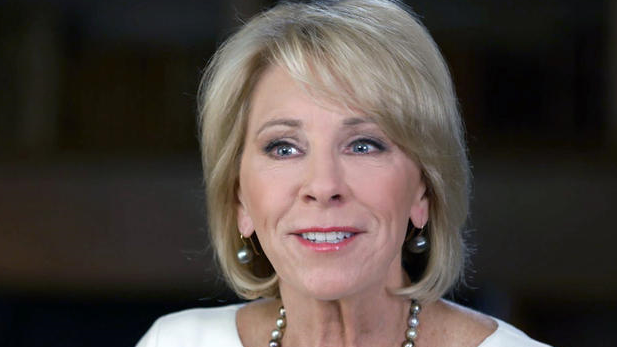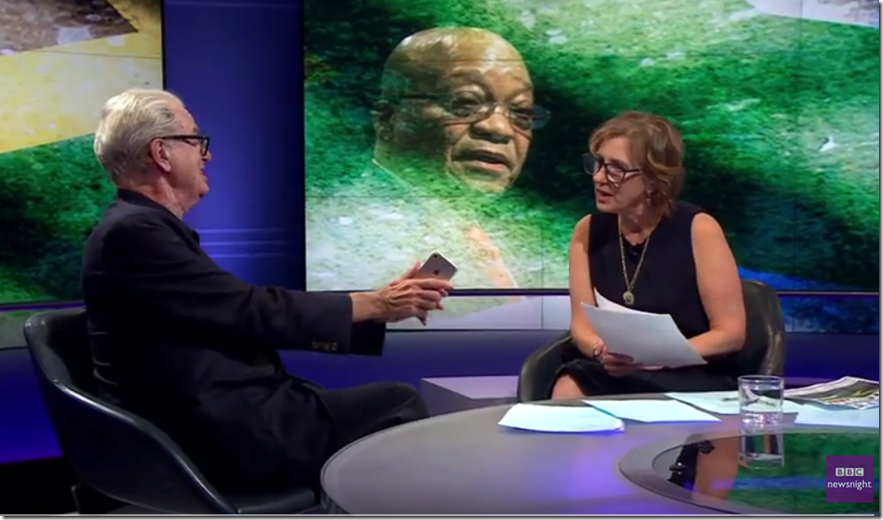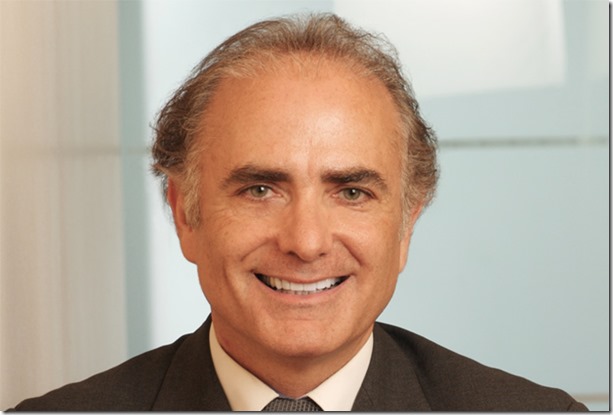Athlete Fails To "Execute" During Train Wreck Interview
Russell Westbrook, an All-Star point guard with the NBA’s Oklahoma City Thunder, recently gave an interview that didn’t go so well.
As you’ll see in the clip below, he gave the same defiant answer repeatedly: “Good execution.” He gave that answer even when it didn’t answer the question. And, in a moment of candor that spokespersons occasionally fantasize about, he flat out told one reporter, “I don’t like you.”
Westbrook’s interview seems even stranger in light of the fact that his team won the game—and he had a terrific night.
To see how fans were reacting to Westbrook’s passive-aggressive interviewing approach, I delved into the comments section of several sports websites. It turns out that many fans defended Westbrook. Their argument went as follows: We hate the media, Westbrook gave them a taste of their own medicine, and good for Westbrook for doing so.
I think they’re wrong. Representing your brand well matters whether you’re a corporate vice president, a political candidate, or a professional athlete. And Westbrook made the fundamental error of forgetting that his audience wasn’t the reporter, but the people watching the interview—you know, the fans who pay his salary.
To get another perspective, I contacted a friend of mine, the communications director for a major sports team who deals with top-level athletes every day. He wrote:
“We grow any of the games we work in through young kids, and for them to see this does not help the game…I want players in my room respecting the media and the media respecting the players and the job they do. It is my job to keep that scale as even as possible throughout the season. Dealing with players, their goal is to make their team and themselves look the best they can, both on and off the field.”
If he had a player interact with a reporter the same way Westbrook did, he would do the following:
“First thing I’m doing is having the conversation with my player as to what set them off to do so. After that talk, I would speak to the writer if I feel it is necessary to make sure they know there is a problem brewing. After that, I judge whether it would be best to bring a writer in to speak to the player one-on-one to talk it out, with everything off the record.”
He also says he wouldn’t have allowed the interview to continue for as long as Westbrook’s:
“I’m cutting it off…immediately, when I see what is going on and not allowing reporters to continue to ask questions. The player wants it to be a spectacle to embarrass the reporter and have people talking about it. The reporter(s) want to keep going because it allows him/her to continue to provoke the same answer which makes the player look ridiculous. So, I’m cutting it off immediately and allowing the reporter to write about me cutting it off if he wants. Then, I’m setting up this meeting between the player and this reporter he supposedly hates to clear this thing before it becomes more and more of a spectacle.”
And in case you’re still not convinced that athletes should take their media interactions more seriously, these final lines should make them think again:
“From the management side, I’ve seen it happen when the attitudes of players prevents teams from ‘investing’ in them. As important as it is to compete on the playing field/ice/gym, when it comes time to sign a free agent or make a trade, all of these things go into an organization’s evaluation process. Is ‘said player’ worth disrupting the current team?”
Like the blog? Read the book! The Media Training Bible: 101 Things You Absolutely, Positively Need to Know Before Your Next Interview is available in paperback, Kindle, and iPad.




Great article, Brad. I’m going to share with my 15-year-old son who wants to be a sportswriter. He’s a huge NBA fan, and likely knows about Russell Westbrook (I’m not a sports fan myself, so I had no clue who he was until reading your post). This will give him some insight into what a bad day might look like for a sports writer and a professional athlete. And it will help him understand what communications professionals do to help mitigate these circumstances.
Great article, luckily Russell ended up being able to laugh about it later.
http://deadspin.com/ernie-johnson-jokingly-asks-westbrook-how-was-the-exec-1680819743
He’s has such a history with this kind of stuff though and he’s not the worst. The Marshawn Lynch relationship with reporters is even more head scratching and confusing.
While I do see your point on the value and importance of managing your own brand, I believe that you left out a critical antecedent in the growing schism between athletes and reporters. We now live in an era where reporters can cast aspersion and make personal attacks on a player and hide behind “journalism” to do so, when there’s little objectivity left in sports reporting. Russell Westbrook is an All Star and a top 20 player in the league. His deficiencies as a player are few and well-documented. Yet, when people like Skip Bayless are the most “popular” media provocateurs, other journalists follow suit in a race to the bottom that creates so much enmity between them and the athletes that they cover. I honestly don’t blame Westbrook for telling the reporter he doesn’t like him. As consumers and the media, we can’t demand honest and genuine soundbites from our favorite athletes, only to criticize them when they actually are honest.
It feels like this is becoming a trend among athletes. I hope good communications pros like this one nip it in the bud. It makes the players look childish and like them or not the reporters have a job to do and the players are obligated to help them do it.
This athlete is acting like he’s on drugs.